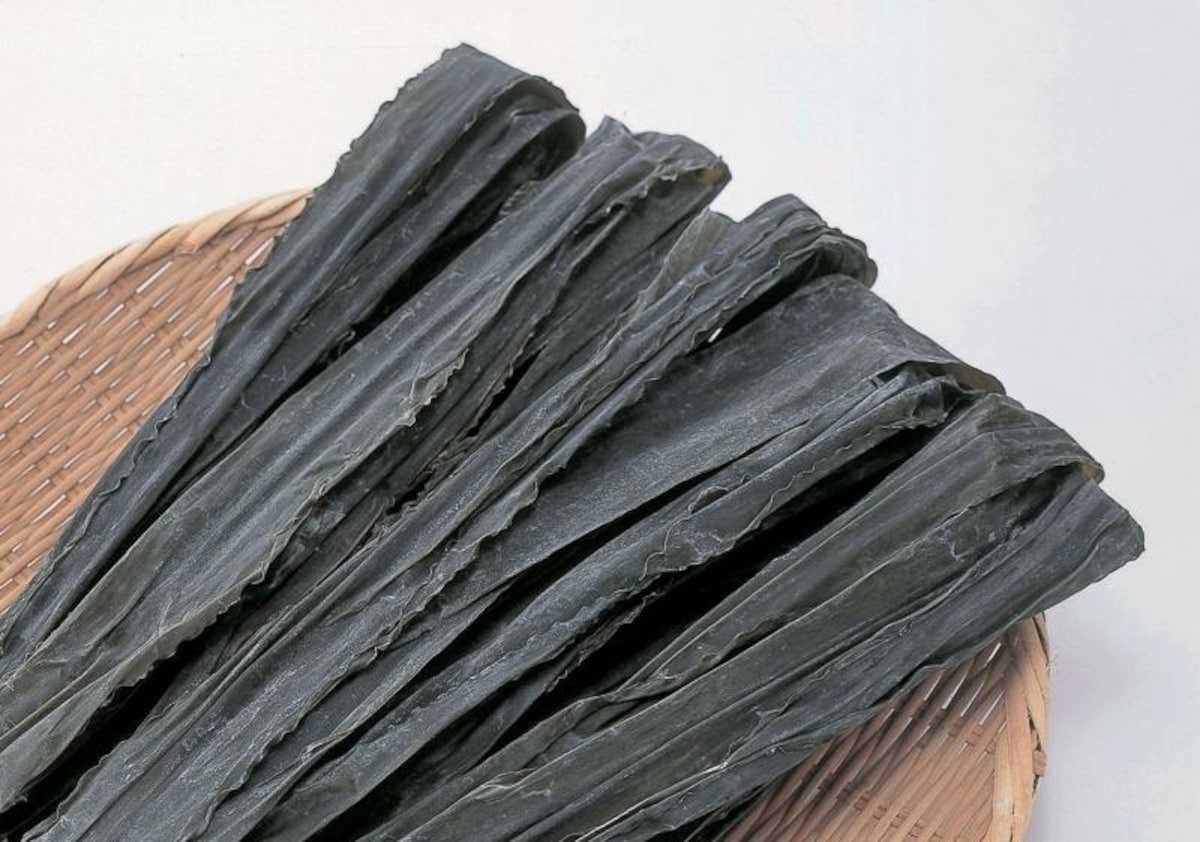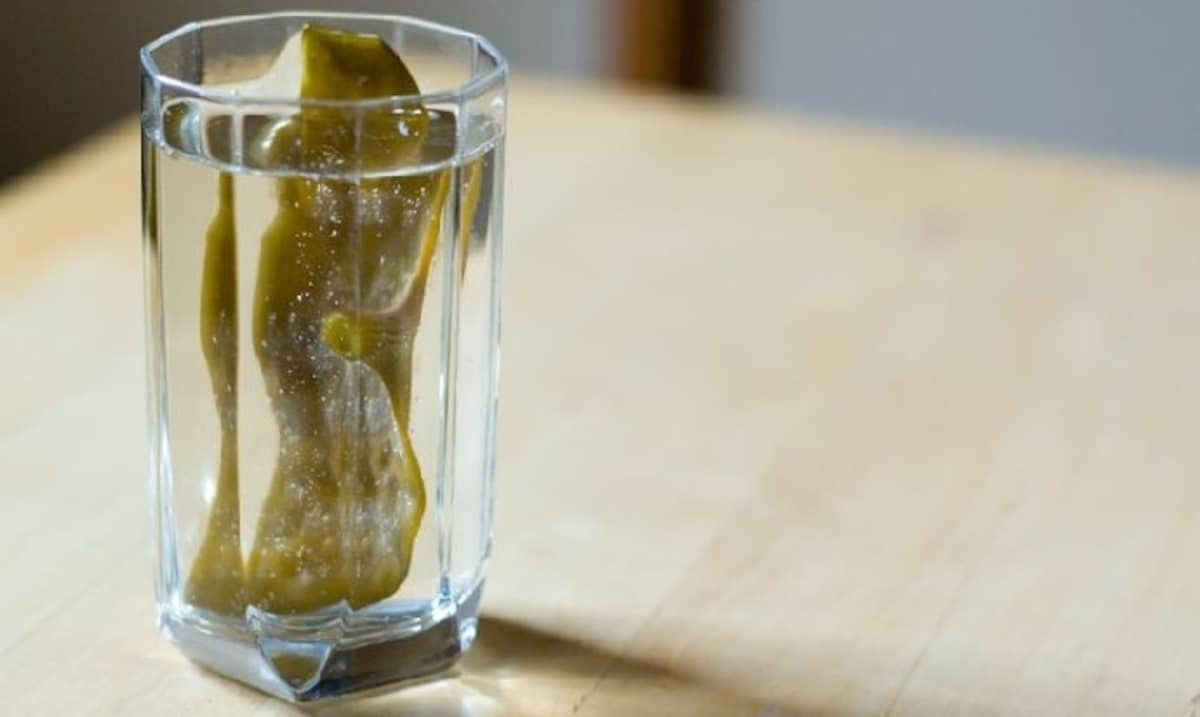Have You Ever Heard of Kelp Water?
Dashi, a soup stock made with kombu (kelp) and katsuo (bonito flake), is a cornerstone of Japanese cooking and has gained traction in recent years for its umami flavor. In particular, kombu is known for having lots of nutrients. And one way to get those vitamins and minerals is from delicious, healthy kombu water.
By AAJ Editorial Team
https://kanewa-m-com.ssl-xserver.jp/sm_shop.html?search=%E6%97%A5%E9%AB%98%E6%98%86%E5%B8%83%EF%BC%88%EF%BC%91%EF%BC%95%EF%BC%90%EF%BD%87%E5%85%A5%E3%82%8A%EF%BC%89
Besides dashi, kombu has several applications for other kinds of cooking, and is said to contain many ingredients that are good for beauty and a healthy body. However, it takes time to make it at home and making it taste good requires a lot of skill. But even non-cooks can easily make this kombu water.
How to Make 'Kombu' Water
https://www.youtube.com/watch?v=qHnY0W8TaSg
1. Prepare 10 grams of kombu and 1 liter of soft water.
2. Cut the kombu into 1 or 2 millimeter slices, and let it soak at a constant temperature for three hours (or overnight).
3. Make sure to take the kombu out after soaking it.
And that's it!
If you bottle it and keep it in a refrigerator, it should last for one to two weeks. This method is less likely to bring out any off-flavors or viscosity that can come from boiling kombu, and it's easier too. We recommend using soft water, as it brings out the kombu's umami flavor better than hard water does.
Just by using kombu water in place of regular water in your cooking, the glutamic acid in the kombu water will enhance your dish's flavors. Rice, pasta and even instant ramen—there are all kinds of foods, not limited to Japanese cuisine, that can benefit from using kombu water.
On top of being able to to make dashi again with the used kombu, you can even reuse it to make other dishes, like tsukudani (simmered seaweed). It's plenty delicious on its own, and you can benefit from drinking just a cup a day. You can also try adding lemon, or Japanese citrus fruits like sudachi or yuzu, for a more flavorful experience.
Besides having plenty of vitamins and minerals, kombu water also has dietary fiber, which helps your intestines and improves blood circulation. You can even rely on it to help you detox, give you beautiful skin and prevent blood clots.
Kombu has huge amounts of iodine, which Westerners tend to lack, with 12,000 micrograms found in every 5 grams of kombu. In America, it's recommended that adults not ingest more than 1,100 micrograms of iodine per day. Owing to the risk of developing goiter due to overconsumption, it's important to make sure not to take too much.
Read more in Japanese at AllAbout.co.jp!




